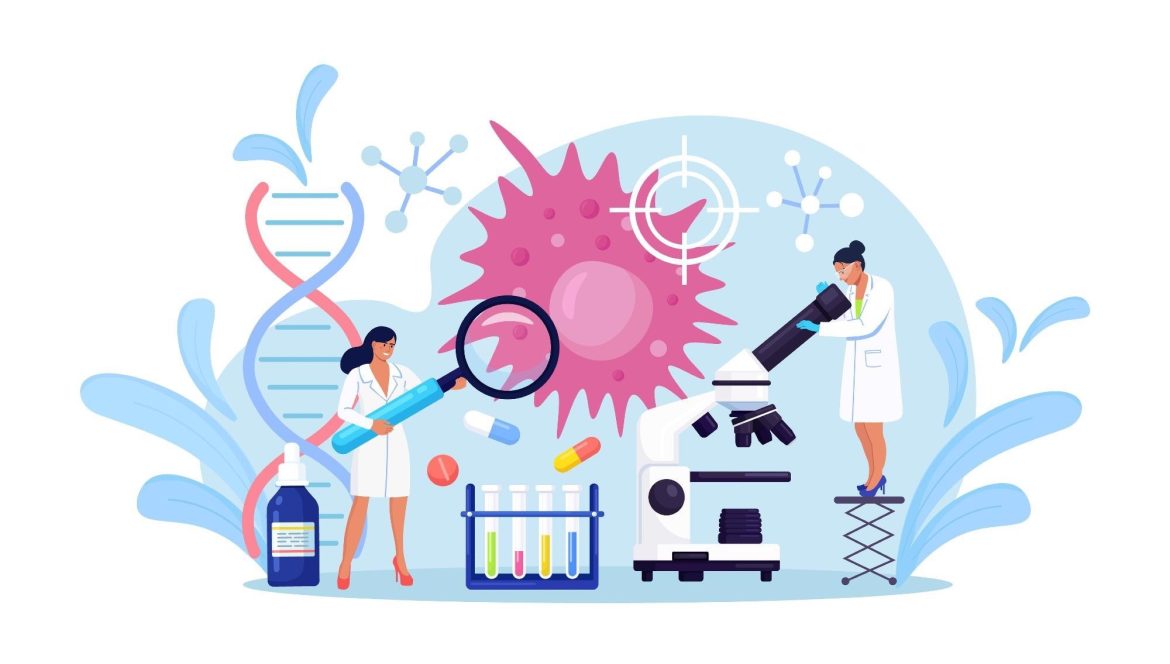Introduction
Nanotechnology has emerged as a transformative force in the field of medicine, offering innovative solutions to complex healthcare challenges. In this article, we will delve into the breakthroughs achieved through nanotechnology in medicine and the ethical considerations that accompany these advancements.
Nanoparticles in Drug Delivery
One of the most significant breakthroughs in nanomedicine is the use of nanoparticles for drug delivery. These tiny particles, often less than 100 nanometers in size, can carry therapeutic agents directly to target cells or tissues. This targeted drug delivery reduces side effects and enhances treatment efficacy, offering new hope for patients with conditions ranging from cancer to neurodegenerative diseases.
Diagnostic Nanosensors
Nanotechnology has also revolutionized medical diagnostics. Nanosensors can detect biomarkers and abnormalities at the molecular level, enabling early disease detection and monitoring. For instance, nanoscale biosensors can identify specific cancer markers in a patient’s blood, allowing for timely intervention and personalized treatment.
Nanorobots for Precise Procedures
The development of nanorobots is another exciting frontier in nanomedicine. These tiny, remotely controlled machines can navigate the human body with precision, performing tasks such as drug delivery, tissue repair, or even removal of harmful substances. Imagine nanorobots repairing damaged tissues in real-time or cleaning arterial blockages.
Ethical Considerations
While the potential of nanotechnology in medicine is immense, it raises important ethical questions. Privacy concerns regarding the collection and use of patient data for nanosensor-based diagnostics must be addressed. Additionally, the use of nanorobots for medical procedures necessitates careful oversight to prevent misuse or unintended consequences.
Patient Consent and Autonomy
As nanomedicine evolves, ensuring informed patient consent and autonomy becomes paramount. Patients must have a clear understanding of the benefits and risks associated with nanotechnology-based treatments and diagnostics. Ethical guidelines must be established to protect patient rights and privacy.
Access and Equity
There is a risk that nanomedicine advancements may exacerbate healthcare disparities. To address this, policymakers and healthcare providers must work to ensure that these cutting-edge treatments are accessible to all, regardless of socioeconomic status. Striving for equitable distribution is essential to harness the full potential of nanotechnology in medicine.
Conclusion
Nanotechnology is reshaping the landscape of medicine, offering novel approaches to diagnosis, treatment, and patient care. As we celebrate the remarkable breakthroughs in this field, we must also tread carefully, addressing ethical concerns and ensuring that the benefits of nanomedicine are accessible to everyone. The future of healthcare lies at the intersection of innovation and ethical considerations, and nanotechnology is at the forefront of this transformative journey.

